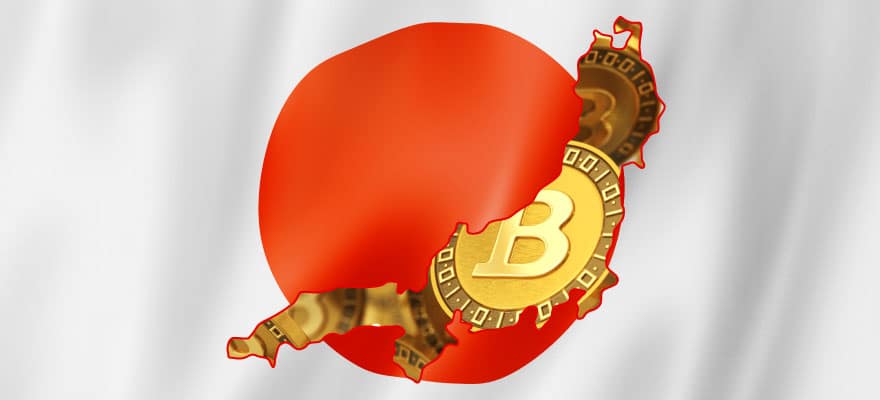The Financial Services Agency (FSA), Japan’s financial watchdog, on Friday published a report on the country’s cryptocurrency market presented by the ‘Study Group on the Virtual Currency Exchange Services’.
The report detailed various concerns of the nascent and vulnerable industry and went on to recommend various practices to be taken by the regulatory agencies and the exchanges to mitigate the risks.
From April 2018, the group studied and deliberated eleven times on various issues related to the virtual currency exchange services of Japan. It was chaired by Hideki Kanda, a professor at Gakushuin University Law School, and included other professors, technocrats, and fund managers as its members.
The study group touched on various issues with virtual currency exchange service providers, margin trading, and initial coin offerings (ICOs).
Triggering the Alarm
Earlier this year, , one of Japan’s largest cryptocurrency exchanges, endured a theft of $534 million worth of NEM tokens. This alarmed the FSA which, in turn, tightened its noose on the virtual currency exchanges in terms of technology and security.
To mitigate the leakage of the virtual currencies, the study group recommended that exchanges should maintain a dedicated reimbursement fund. It also wants the crypto-related services providers to disclose financial statements.
In addition, to ensure proper operations, it wants the exchanges to strictly self-regulate themselves and disclose trading price details and restrain from any promotional activities which encourage speculative tradings.
The Prof. Kanda-led group also wants forex-like mandatory registrations for crypto margin tradings with limited leverage ratio based on the price fluctuation of the digital coins.
For ICOs, the group recommended a set of regulatory frameworks and wants the investment type ICO to be regulated like any other security firm.
Japan is one of the most crypto friendly markets in the world. The FSA recently revealed that more than are trying to enter the Japanese market. With this influx, the country might see more and more adoption of digital assets in the mainstream and thus a framework like this could become essential to protect the interests of customers.

Japanese Study Group Recommends Framework to Regulate Crypto
More from AnalysysMore posts in Analysys »




Be First to Comment